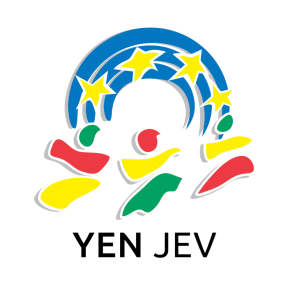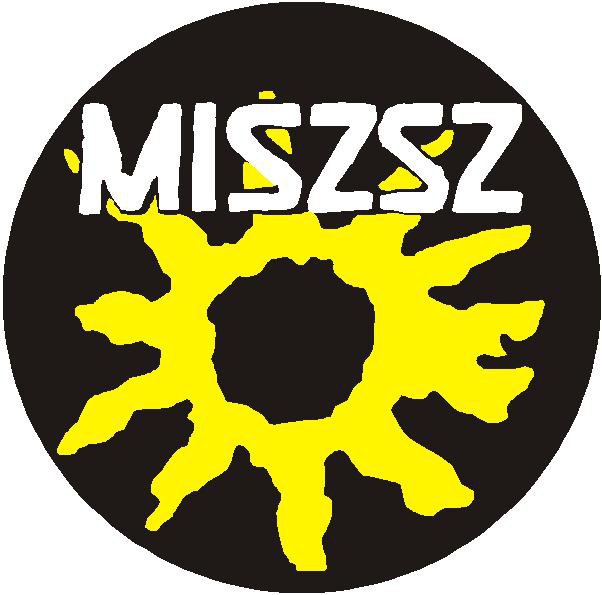MISZSZ – Union of Hungarian Youth Organizations of Romania
address: Bd. Revolutiei 8
place: RO-30002 Timisoara
phone: +40 256 201028
fax: +40 256 201028
website: www.miszsz.ro
Organisation
The Union of Hungarian Youth Organizations from Romania (MISZSZ) was founded in 1990, after that the ‘89s change made the native development of the democratic institutional-system possible. The local Hungarian youth organizations created after ’89 identified a need for establishing a union, which should commonly represent the particular interests of Hungarian youth on local, national and international level.
Due to the influence of different factors like, economic situation, emigration and disinterest some of foundermembers ceased their activity, but in the last few years we are attending to other organizations regeneration as well, as to birth of new ones, all over Transylvania. Nowadays we have 17 member organizations. MISZSZ is a network-organization between the 17 member organizations. Every single part of this network has its autonomy in its city or its region, based on the same set of values and different programs for Hungarian youth.
One of the basic aims of MISZSZ’s activity is to create possibilities for its member organizations to have contact between them for informational purposes, cooperation and working together, as well to have a successful representation on the highest level in order to fulfil our goals. We can define our activity in four points: representation of our interests on national and international level, helping the co-operation between the member organizations, care for Hungarian tradition and culture, developing of international relations. The most important and already traditional programmes of the Union are: the MISZSZ Camp, the MISZSZ Football Cup, regular Workshop Camps, Seminars, Trainings, International Exchange Programs and others.
Minority
Following the end of the first World War in 1920, the Trianon Peace Treaty confirmed the cession of Transylvania to Romania and the Hungarians living in Transylvania became a minority. A large part of the Hungarian nation, which was transferred to Romania, stepped on the path of self-organization and they adapted themselves to the new circumstances.
The Hungarians living in Romania form one of the largest national minorities in Europe. According to the latest census in 1992, 1,624,959 persons living in Romania identified themselves as Hungarian while according to estimated data, the number of persons whose native-tongue is Hungarian exceeds 2 million. The overwhelming majority (98.9 per cent) of the Hungarian population of Romania lives in Transylvanian counties.
Being one of the largest minorities in Europe the Hungarians living in Romania has developed a wide range of own social, cultural and political activity. The Hungarian youth living in Romania has its own organizational structure fully developed as well.

